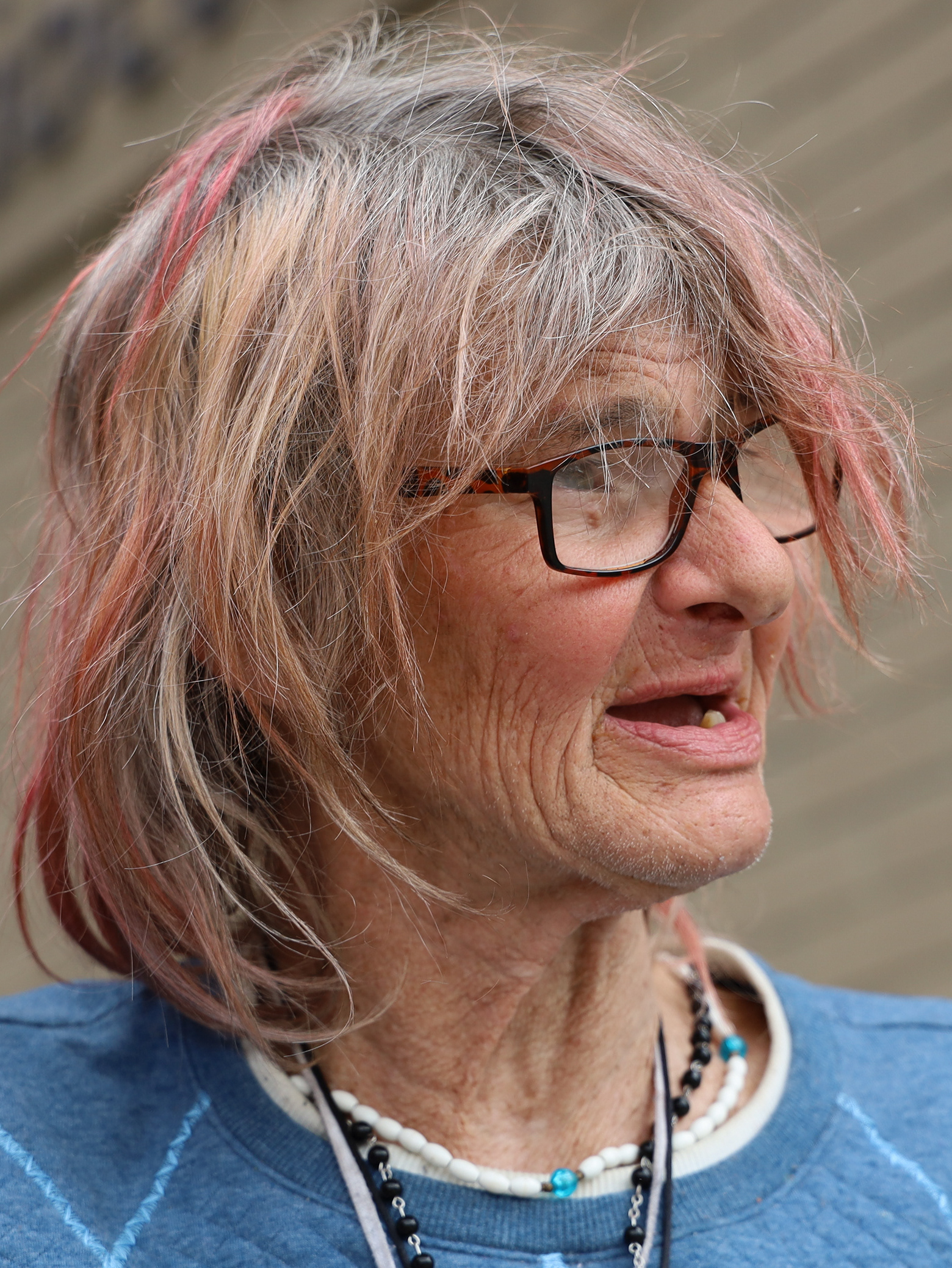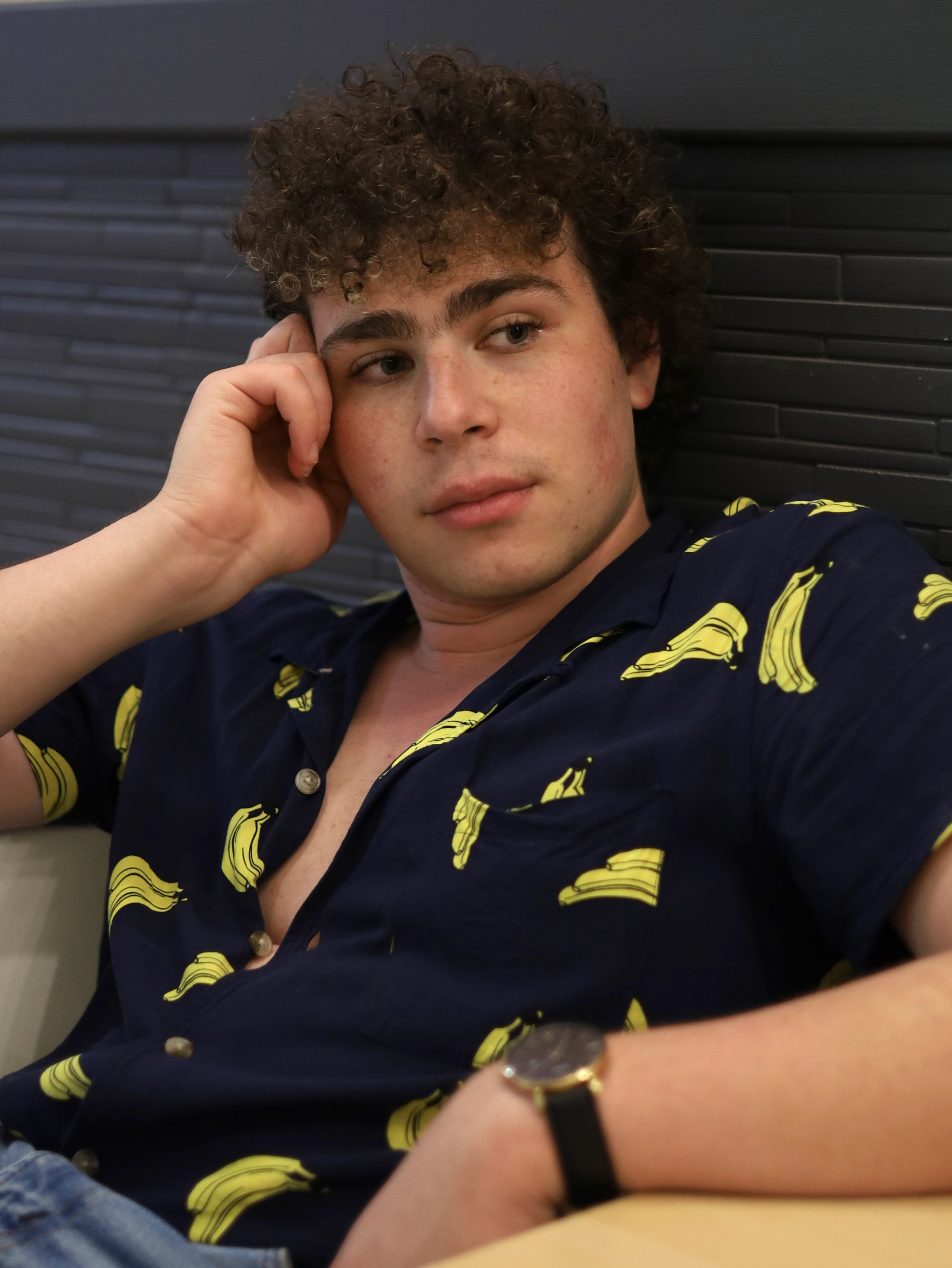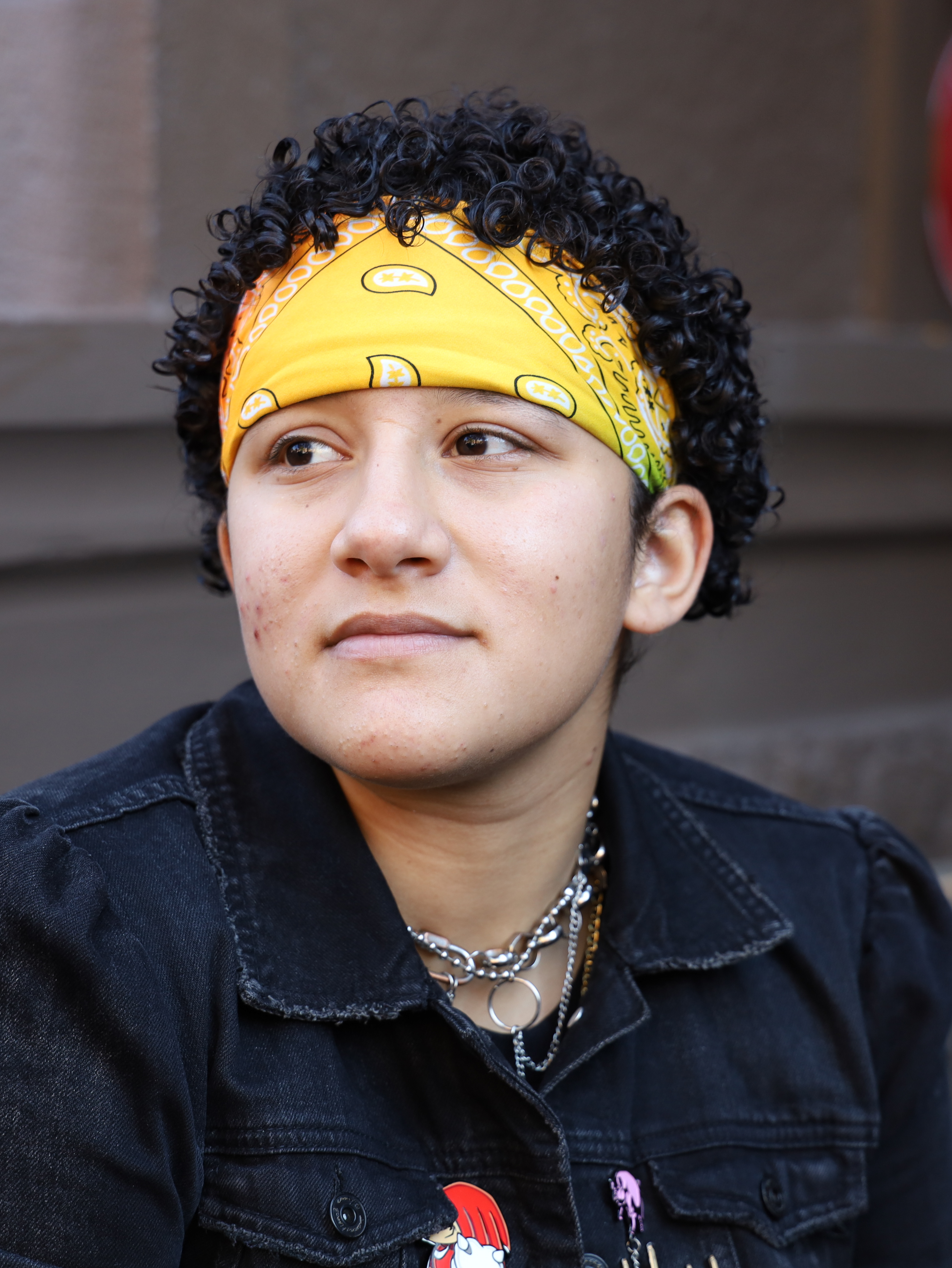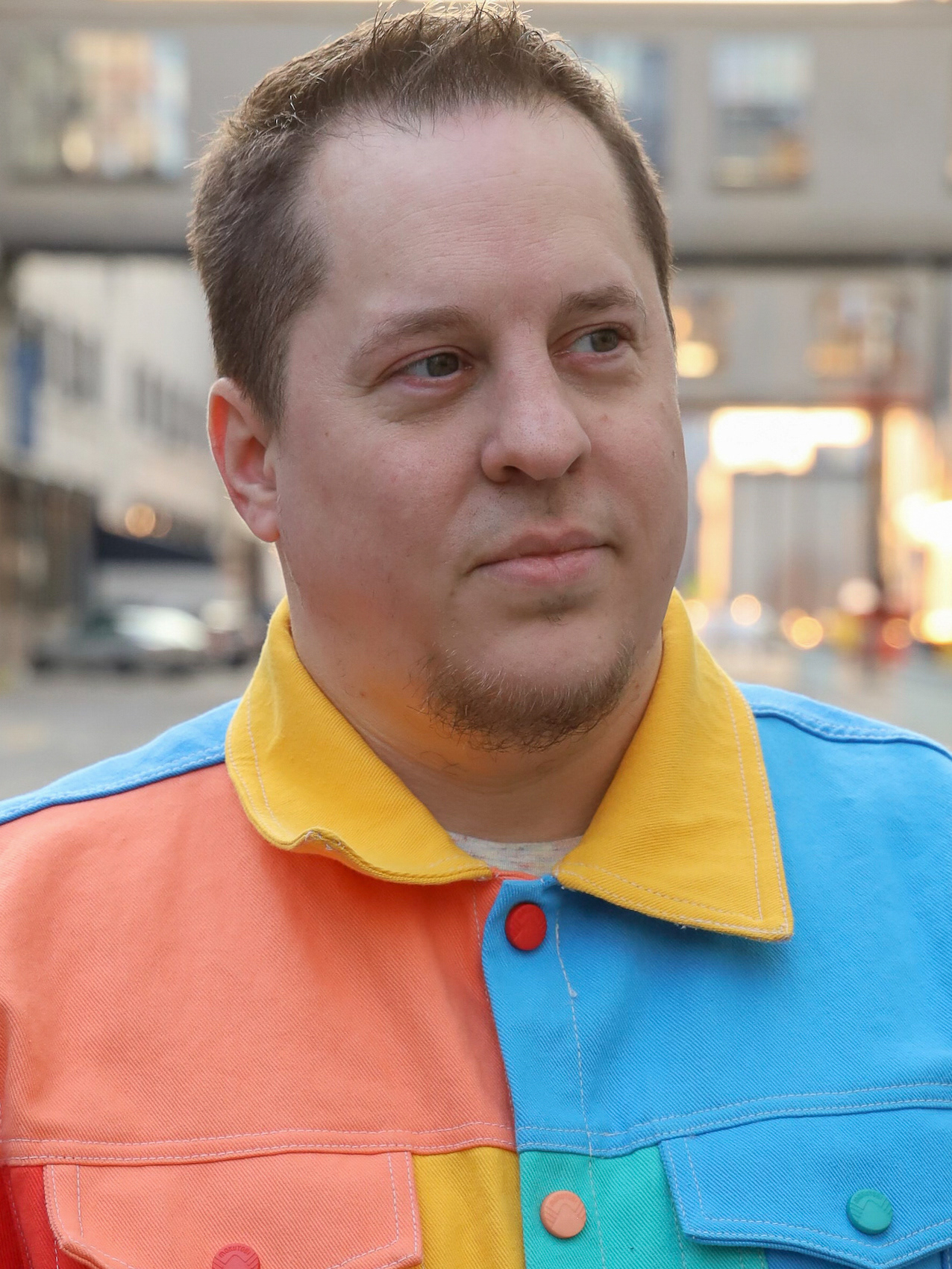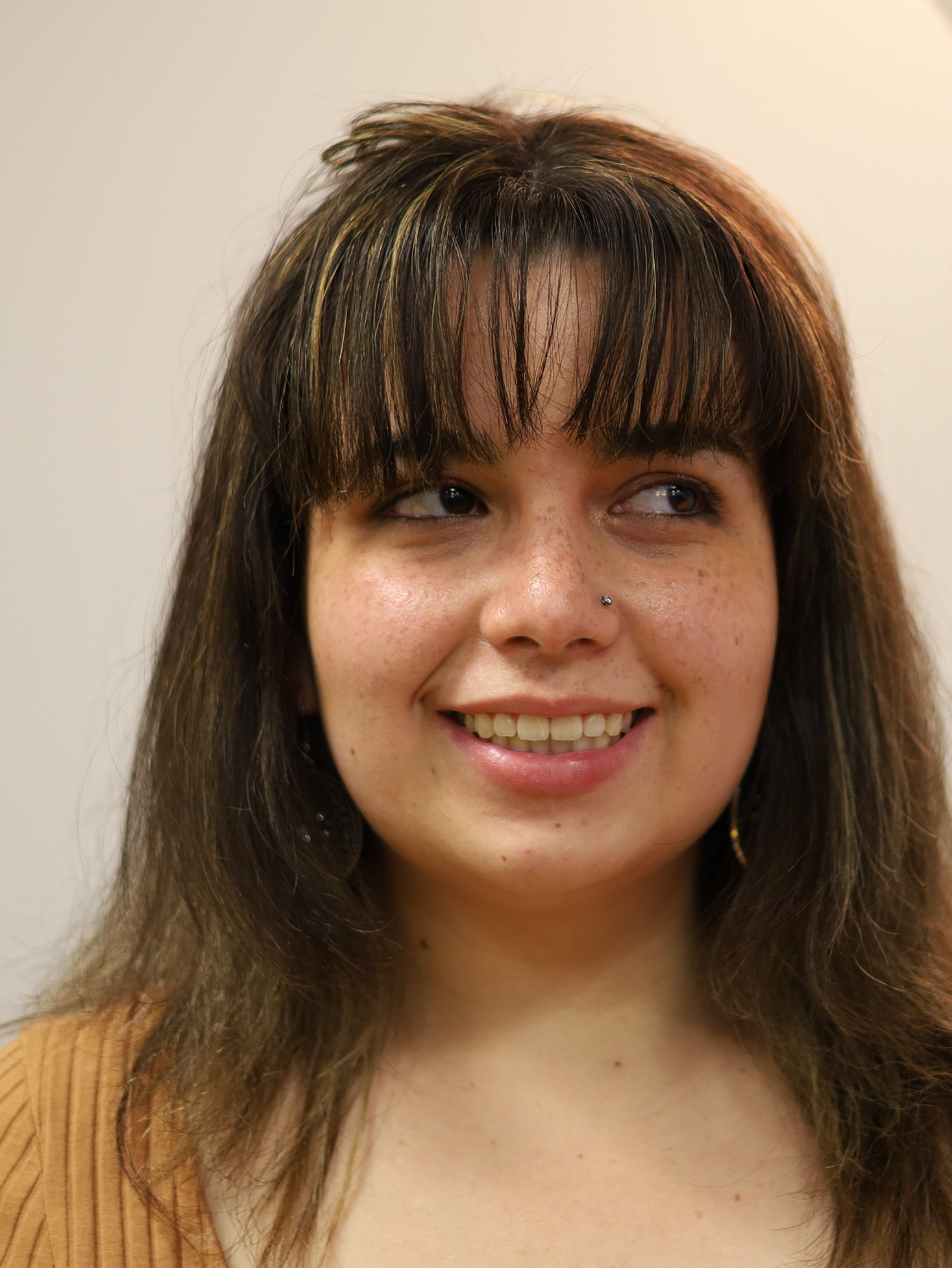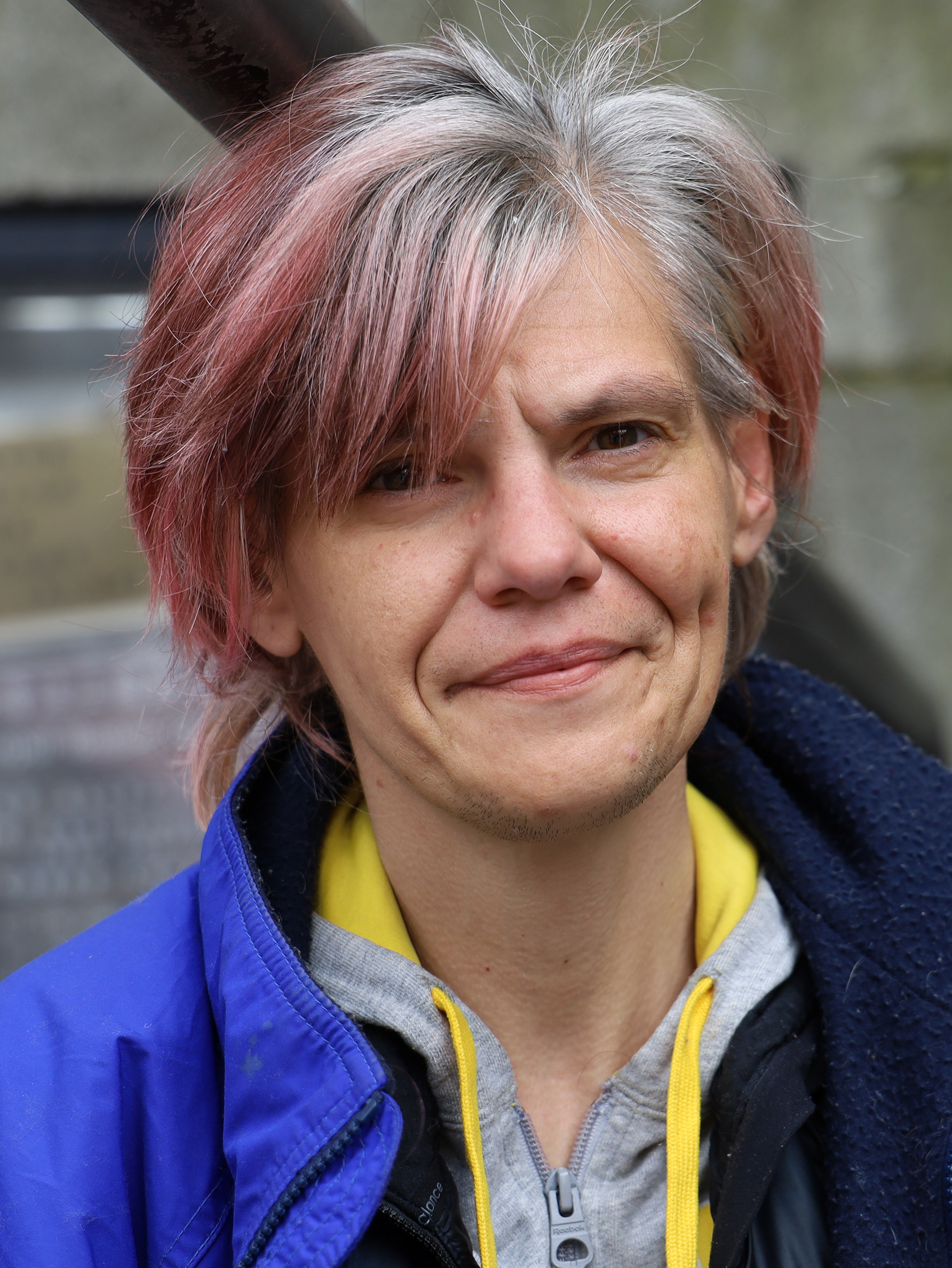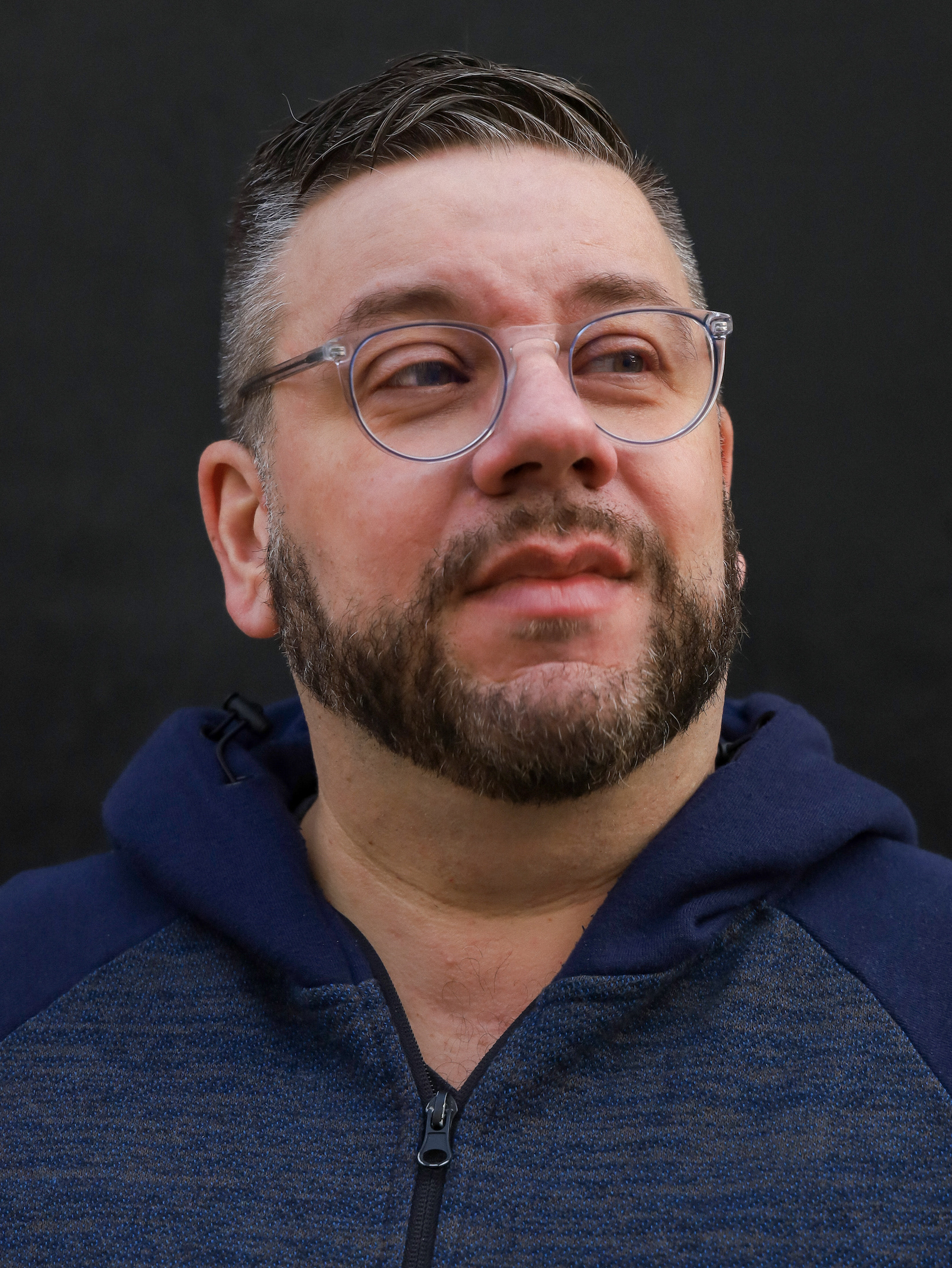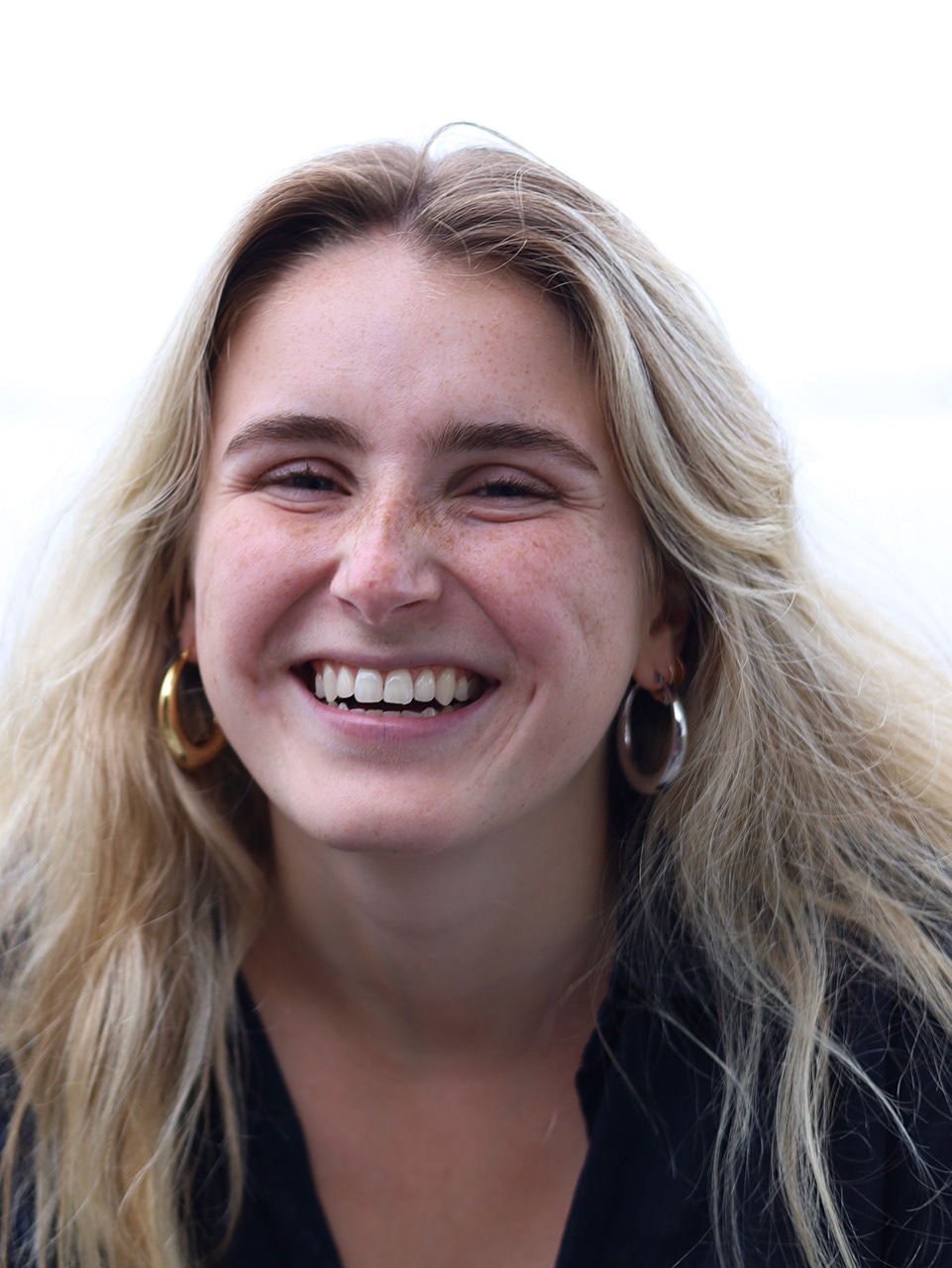“There was a national coming out event at my high school and my school had a surprisingly large amount of gay teachers. A lesbian teacher was talking about her experience, and I thought that really resonated with me. That was definitely one of the moments that made me realize that, 'Oh, other people have this experience!' It made me realize there was more to it. I also talked to other trans people at my college and had conversations about it means to be non-binary. That was really helpful, asking them about how they discovered their gender. At first, I didn’t know that many trans-masculine people but then I did this one trans youth program and met other people like me. Whenever I have a gender or sexuality question, talking to other people about these experiences really helps me figure everything out. When you just think to yourself about it, you’re so in your own head and you might feel like you’re the only one going through it. You’d feel like no one else has had your experience. But when you start talking to people about it, you’ll realize that it is a very common thing. It’s not only common to be gay in an abstract sense, but also to question your gender or sexuality.”
— Asa (they/them, he/him), 22, trans-masculine/genderqueer/non-binary, gay.
